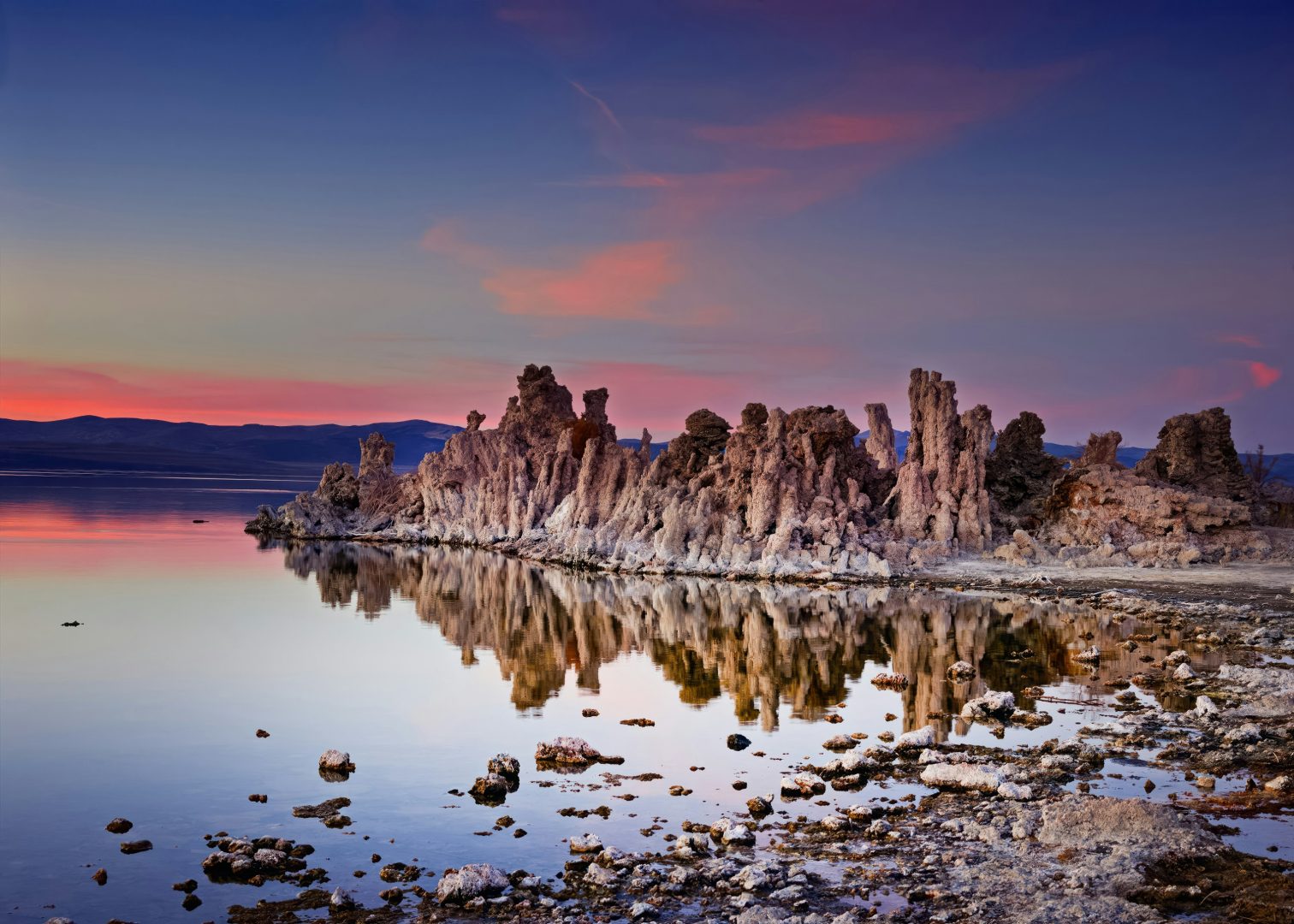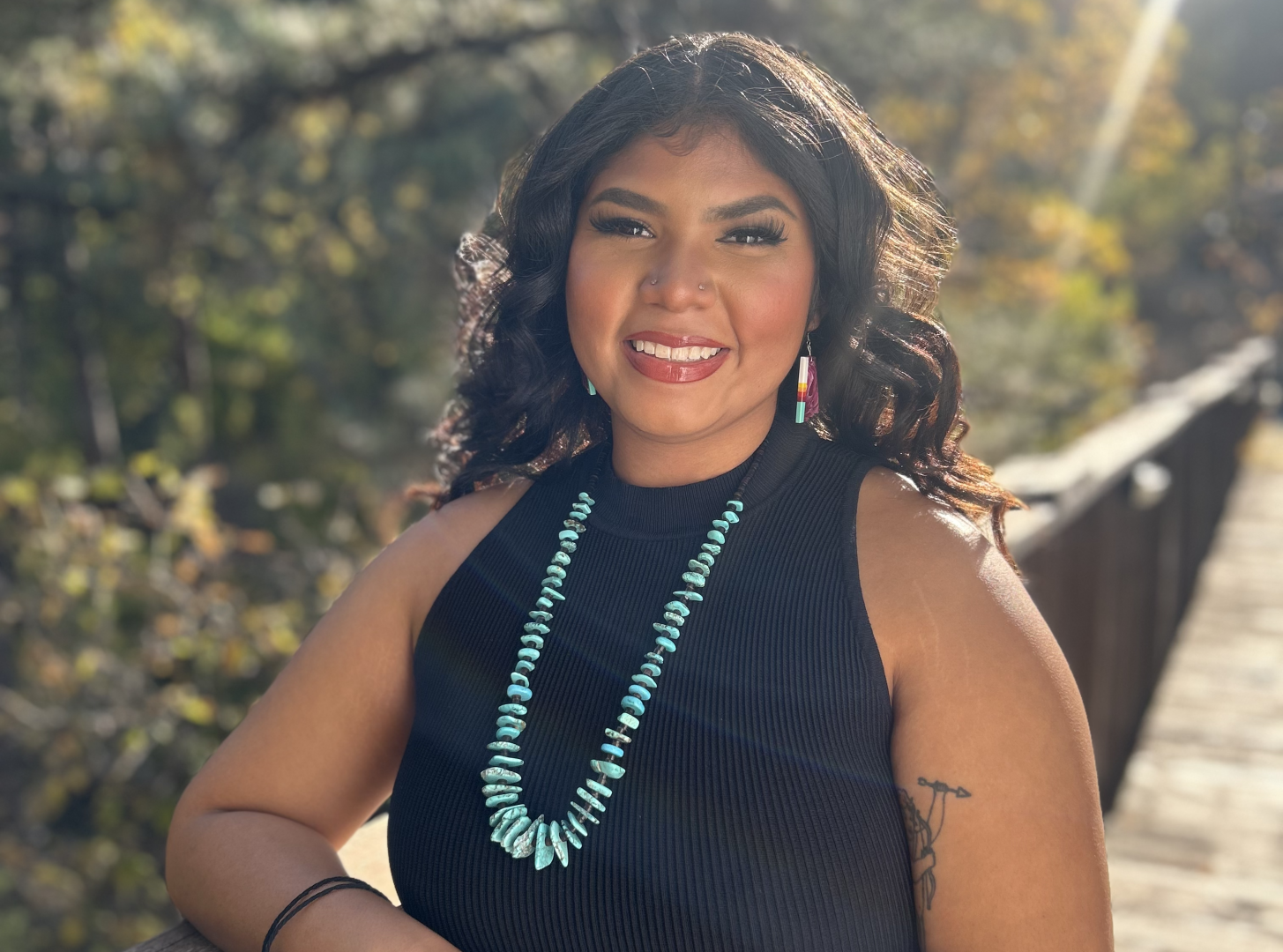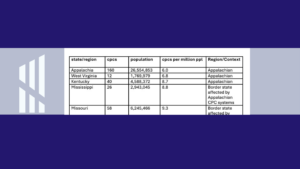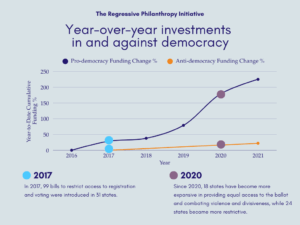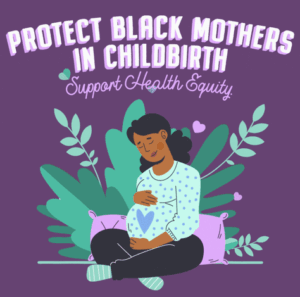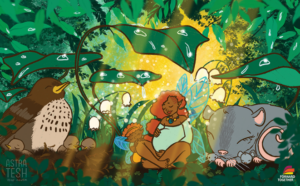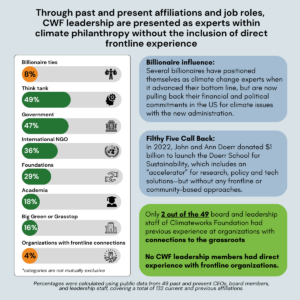In national discussions around political empowerment, large swaths of the public often forget about Indigenous communities. Despite the systemic overlook of Native voters, past election cycles have proven the power of the Native Vote in swing states to shift electoral outcomes – most recently seen in Arizona during 2020.
The outcome of the 2024 Election is crucial for many reasons – with the looming threat against women’s & LGBTQ2S+’s bodily autonomy, freedom of speech, and essentially, democracy – it also presents a new level of adversity to Indigenous sovereignty and self-determination. As Indigenous leaders, organizers, and community members, this is the time to come together to envision a sustainable effort that places strategic activism, resource mobilization, capacity building, and narrative change as means to build Native community political power. As a movement-building organization, NDN Collective knows that grassroots organizing is integral to the building of Indigenous power and community self-determination, which can then be exercised at the polls and beyond.
Social movement organizing and activism play a crucial role in the effort to empower Native communities, as they raise awareness about key issues impacting us, from environmental justice to treaty rights. Through direct action, community organizing, and coalition-building, Indigenous communities create space for collective solidarity that advocates for systemic change. When we mobilize our community members, we ensure that Indigenous voices are amplified and affirm Native perspectives are being represented throughout the entirety of the political process, not just during elections.
Other Native-led organizations such as Native Organizers Alliance (NOA) and Advance Native Political Leadership (ANPL) are at the forefront of empowering Indigenous communities, advocating for policy changes, and ensuring that Native voices are represented and heard in political processes across Turtle Island. Both NOA and ANPL empower and equip Native leaders with the tools and knowledge they need to engage in political processes and advocate for the rights of Indigenous People. At NDN Collective, we see our role in democracy and civic engagement work as a container that brings together community leaders and policymakers who support the development of a shared, muti-racial political analysis that fights authoritarianism through systemic change from the intersection of LANDBACK and Black Reparations, in pursuit of a more just and equitable society.
This multifaceted approach involves collective power building through political education, coalition building, rematriation of resources, and political advocacy, we aim to support full and effective participation in the democratic process and preservation of fundamental rights, and the rights of Indigenous Peoples.
As Nwamaka Agbo (CEO of Kataly Foundation) stated in her recent piece in The Chronicle of Philanthropy: “We must sustain the organizations that pursue civic engagement work, particularly outside election seasons, when many politicians forget the platitudes they made to poor and working-class communities in exchange for votes.”
Practitioners, those who have been doing the work for generations, deserve to be supported and trusted by Philanthropy that they know best for their community. This leads us to underscore the critical importance of funding grassroots social movements, and the role funders can play at the core of building Native political power. Sustainable, multi-year, unrestricted funding through philanthropy, is necessary for fostering political engagement, supporting community initiatives, and maintaining advocacy efforts. The advancement of Indigenous political engagement requires a true desire from funders who value long-term commitment, to engage in partnerships with organizations that continue to lead such efforts. Sustainable funding allows for long-term strategic planning, fostering a robust infrastructure that can adapt and respond to emerging challenges. Without it [commitment], philanthropy will continue to invest according to trends that fail to produce real, systemic change.
As organizers, we understand there is an inherent level of danger that our work entails and with the current political climate, we have to anticipate the potential rise of violence near the polls. Incorporating safety and wellness plans into movement strategies is the reality for many grassroots organizers, and it will be critical that Native-led organizations focused on building political power are well-resourced for this work. Philanthropy has historically underinvested in initiatives that prioritize Indigenous leadership and self-determination, and we expect this challenge and others to remain as we move through this election cycle. Funders and philanthropy must be dedicated to ensuring that Indigenous communities feel fully supported and empowered to exercise their self-determination.
Indigenous Peoples’ rights, struggles, and solutions must be taken into account in the forums that shape policies. By building stronger partnerships across different movements and with policymakers, it’s imperative to aim toward making sure that our policy needs and demands are understood and met. Increased participation in these diverse movement spaces, ensures that Indigenous People are fully involved in vital intersectional discussions, strategies, and policymaking.
Ultimately, the empowerment of our social movements is intrinsically linked to the availability and management of financial resources, making them a cornerstone of achieving change. This is precisely why it’s philanthropy’s responsibility to rematriate wealth back to the hands of communities. When our organizations are resourced, we can better organize, campaign, and lobby for policies that reflect the interests and protect the rights of Indigenous people.
Kellian Staggers (She/Her), Diné (Navajo) and Black, is deeply invested in Indigenous-focused policy development that promotes equitable conditions for all peoples. As an Advancement Officer with NDN Collective, Kellian serves as an advocate in donor relations that bolsters resource reallocation to Indigenous-led advocacy and infrastructure development efforts. While obtaining a Bachelor of Arts from Columbia University, Kellian supported Indigenous youth communities through educational policy development and Admissions student outreach. Her commitment to resource rematriation and policy reform underscores a determination to create sustainable systemic change.
